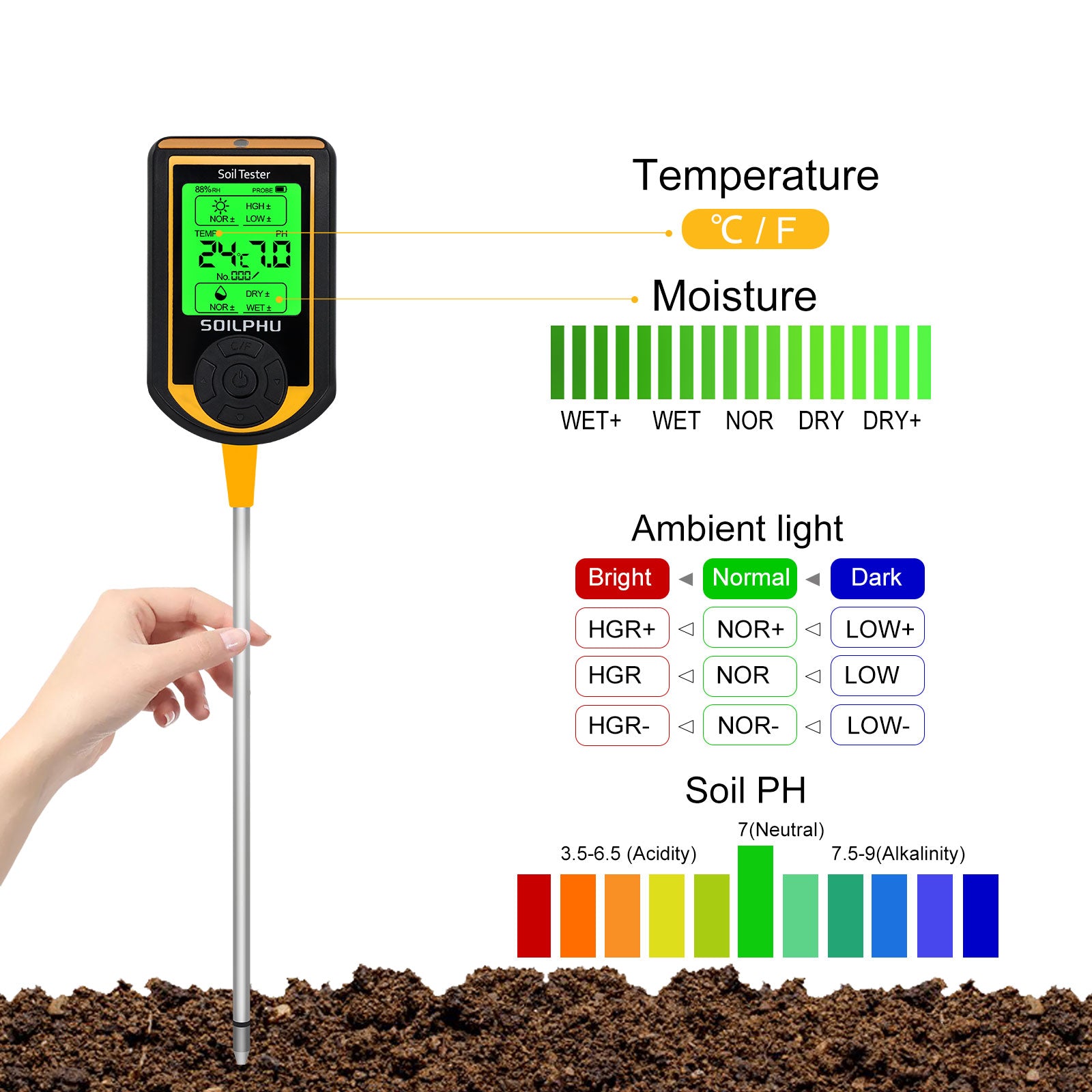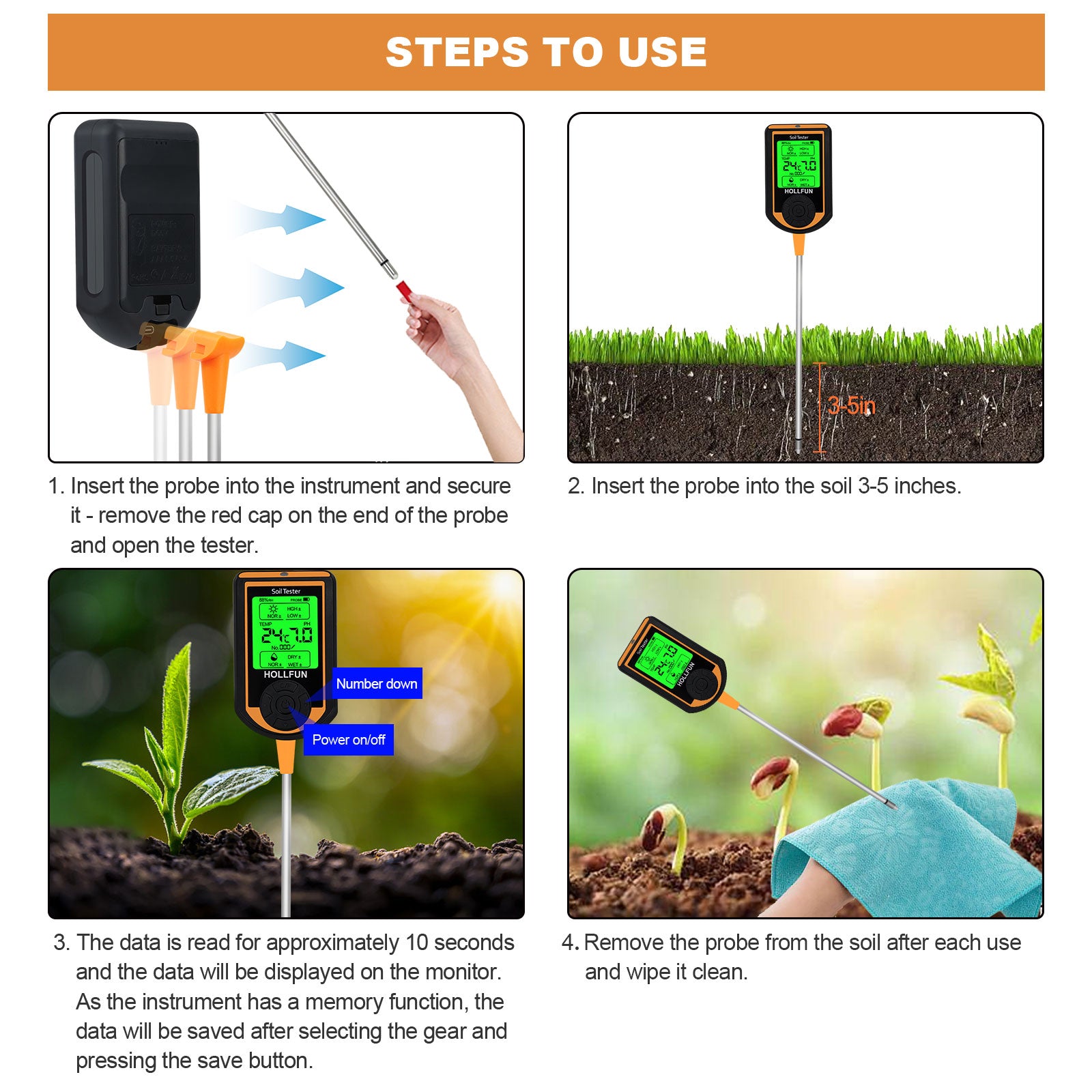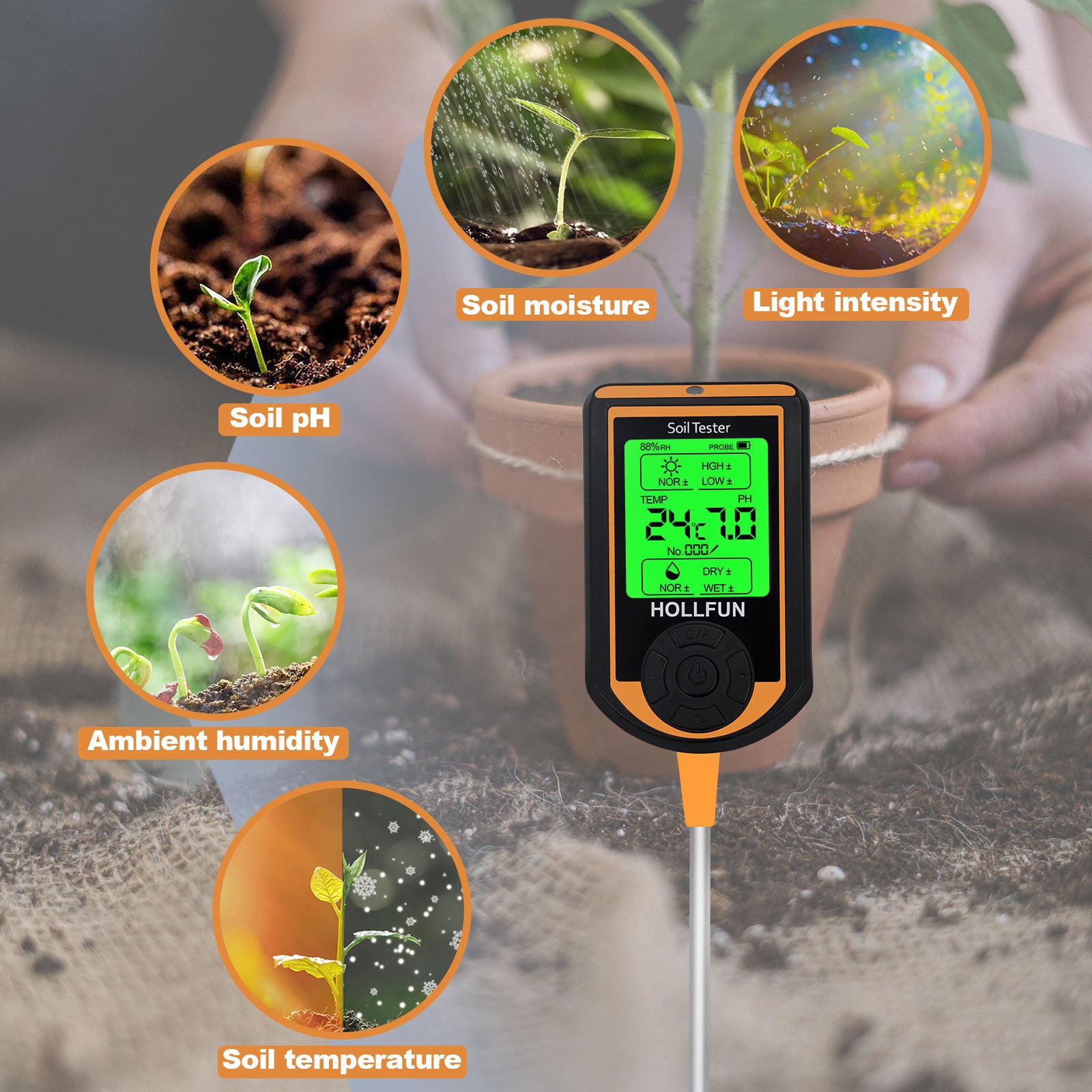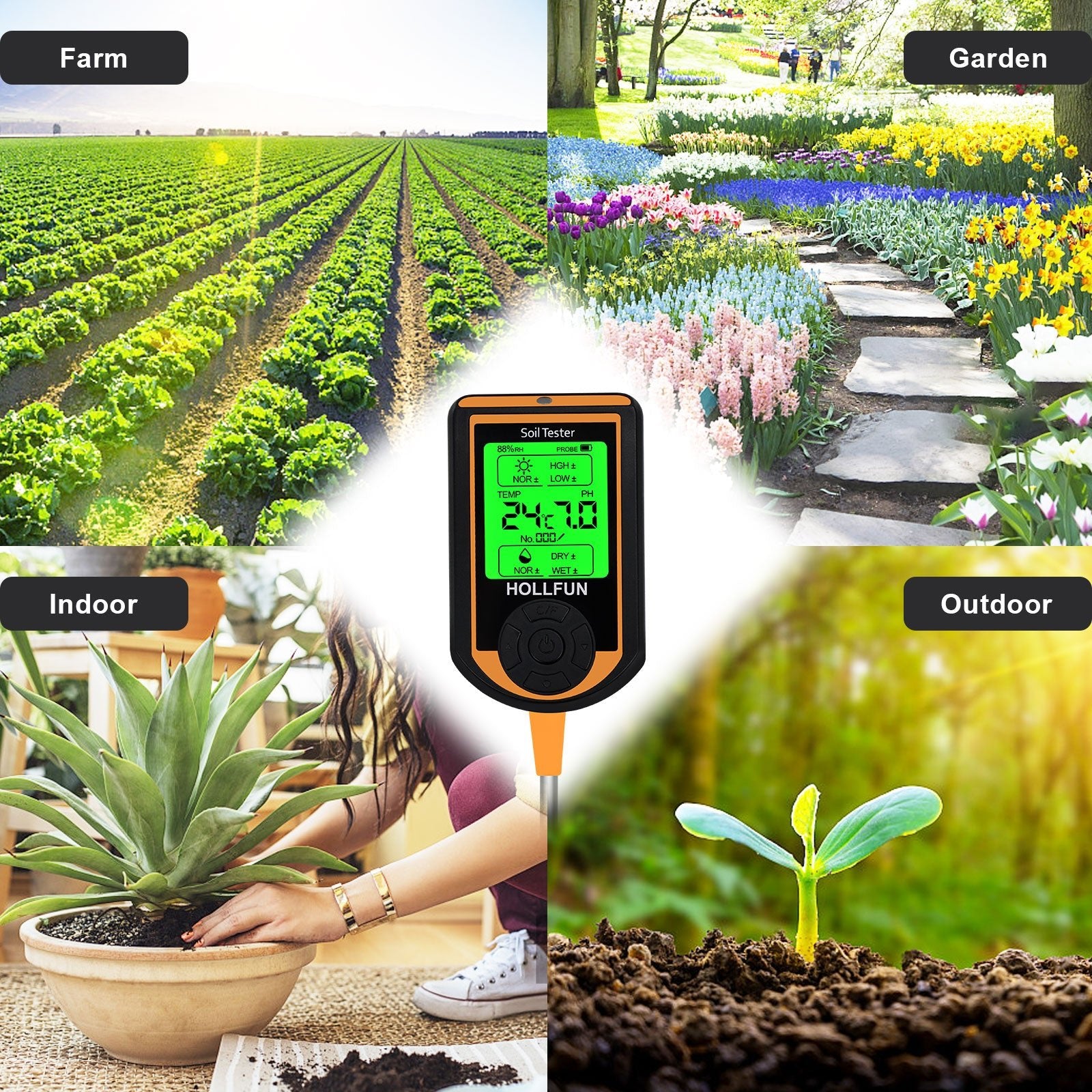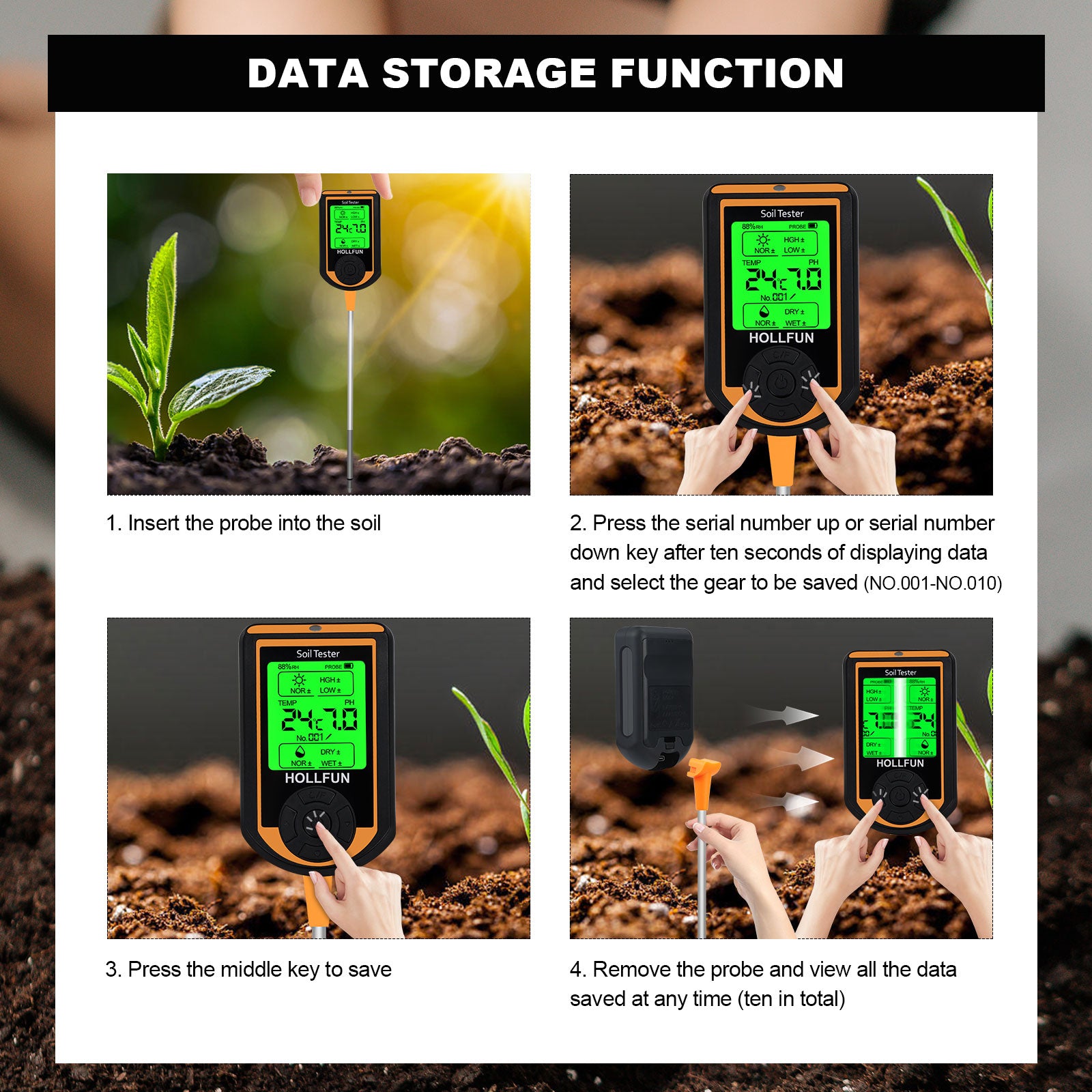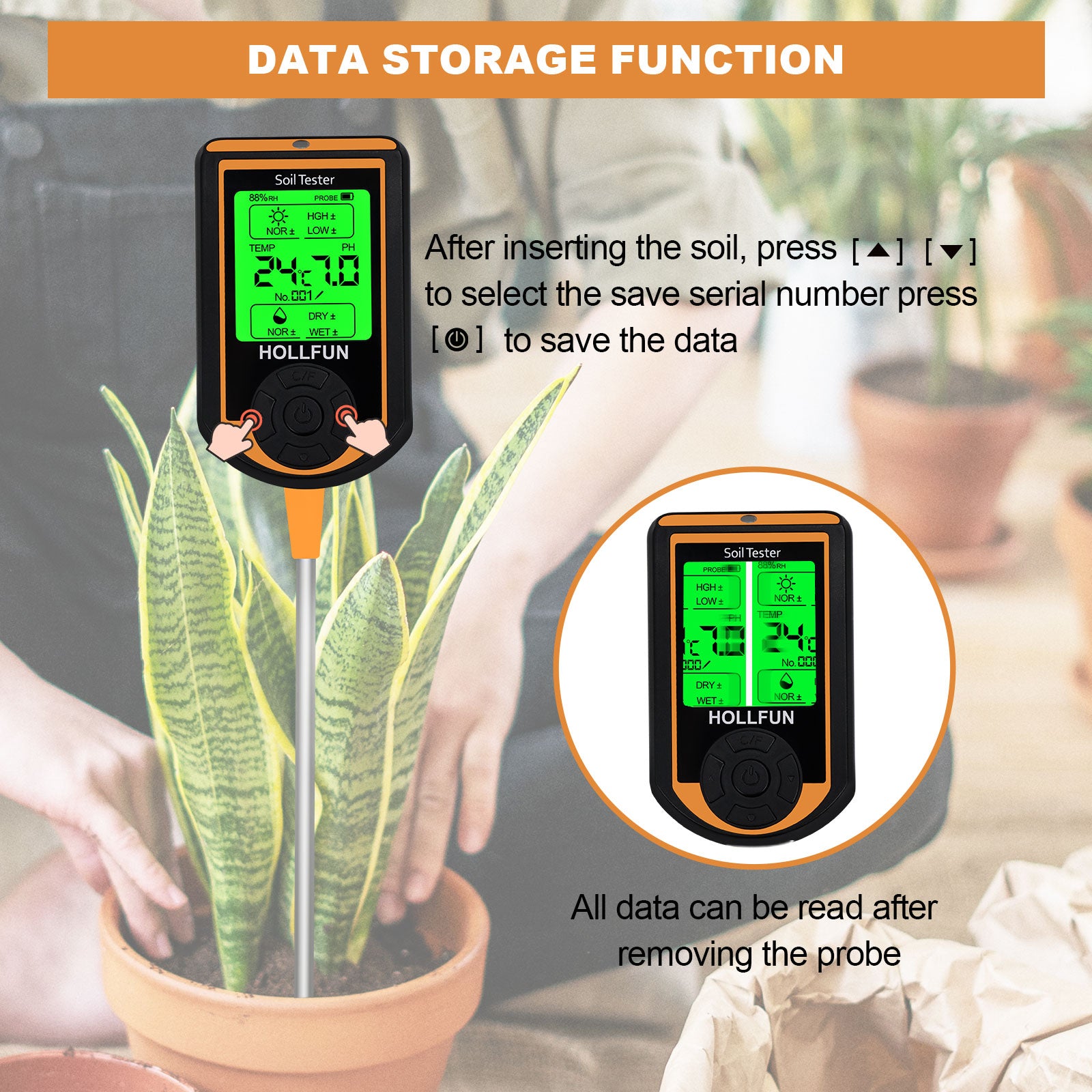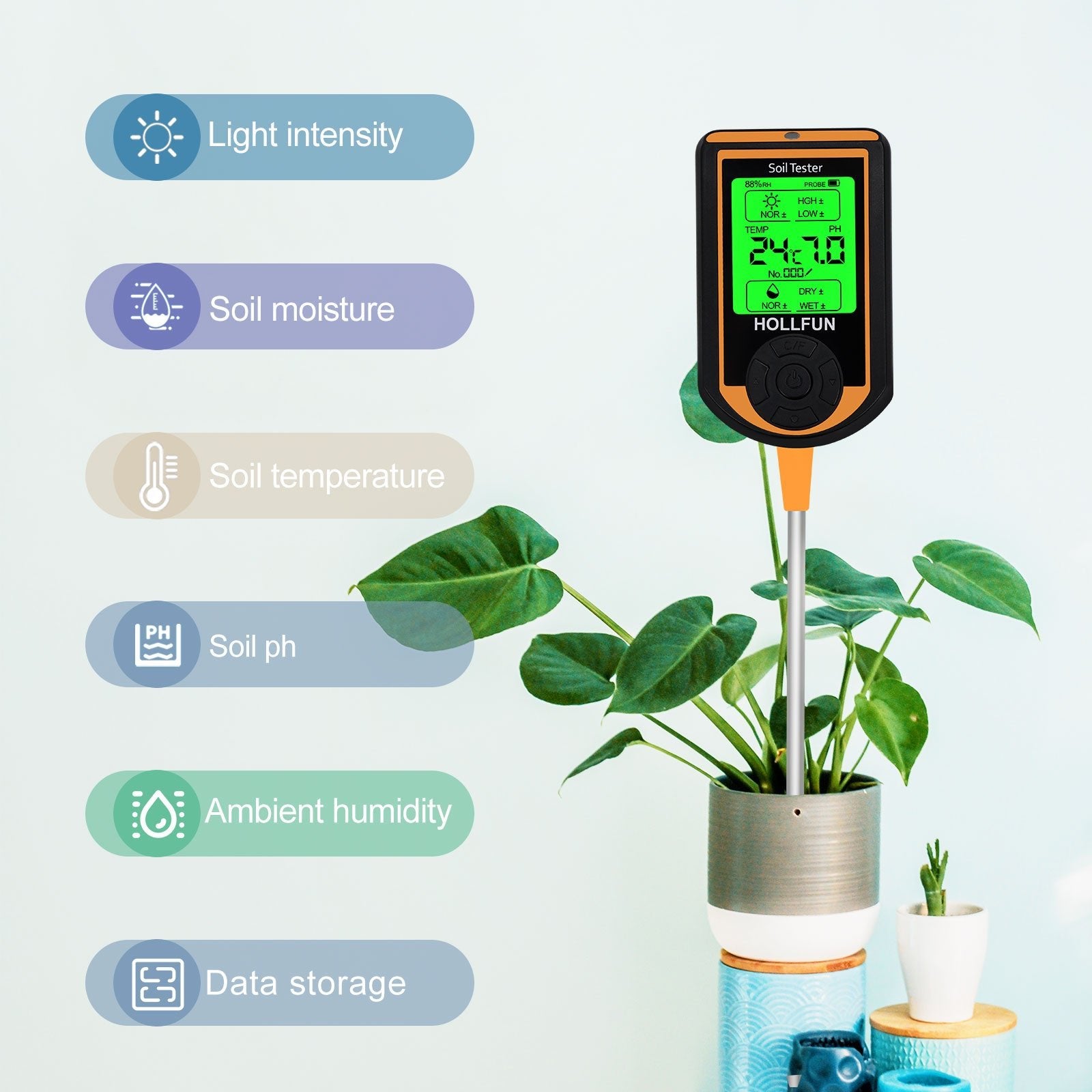What is Nitrogen Fertilizer
- Nitrogen fertilizer refers to fertilizers that primarily contain nitrogen (N) as a main component, applied to the soil to provide plant nitrogen nutrition.
- Nitrogen fertilizer is the largest category of fertilizers in terms of production and usage worldwide.
Functions of Nitrogen Element
- Nitrogen plays a crucial role in material and energy metabolism.
- Nitrogen regulates life activities.
- Nitrogen is a component of chlorophyll and has a close relationship with photosynthesis.
Nitrogen Element Deficiency
- Plants exhibit stunted growth, with few branches and shoots, small and thin leaves, and reduced flowers and fruits that easily fall off.
- Nitrogen deficiency affects chlorophyll synthesis, leading to yellowing of branches and leaves, premature aging, and even wilting.
- During nitrogen deficiency, leaves turn yellow, starting from the lower leaves and gradually moving upward.
Excess Nitrogen Element
- Plants grow excessively, with increased leaf area, deep green color, and downward-hanging leaves.
- Stems are weak and susceptible to pests and diseases, prone to lodging.
- Poor development of the root system, short and sparse roots, premature aging.
How to Use Nitrogen Fertilizer
- In home gardening, nitrogen fertilizer is usually not used alone. Most often, compound fertilizers containing elements like nitrogen, phosphorus, and potassium are used.
- Nitrogen fertilizer mainly promotes the growth of plant leaves. Therefore, it is applied during periods of leaf growth, typically in spring (March to April) and autumn (September to October). Adjust the timing flexibly based on regional temperature differences.
- Choose a compound fertilizer from major home gardening fertilizer brands, with a higher nitrogen content in the nitrogen-phosphorus-potassium ratio.
- Besides purchasing fertilizers, you can also make your own at a lower cost. However, this may produce some odor, and the specific proportions of each element may not be well understood.
During fertilization
- If using a branded fertilizer, strictly follow the fertilizer instructions or reduce the amount used. Avoid excessive application.
- If using homemade fertilizer, control the amount of nitrogen fertilizer used (1ml fertilizer mixed with 1000ml or more water), apply thin and frequent doses in batches. Use organic fertilizers to improve soil fertility and increase soil buffering capacity.
In case of excessive fertilization symptoms, irrigate heavily, turn and expose the potting soil, and reduce the fertilizer concentration in the soil. Alternatively, apply mildly alkaline substances such as calcium hydroxide.



